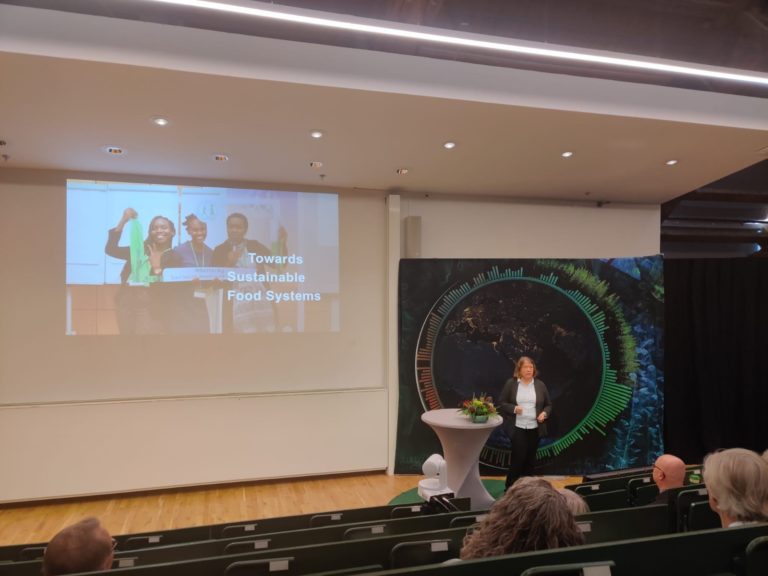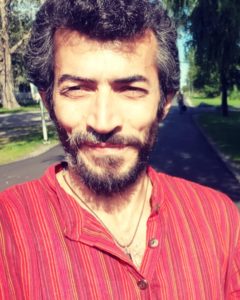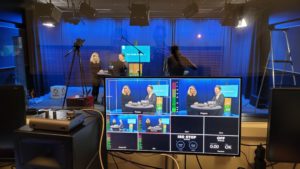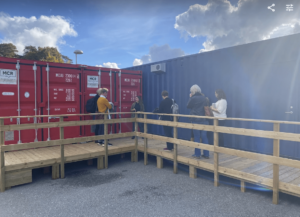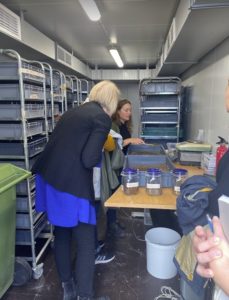
A consortium of 32 partner organisations from 12 European countries and Switzerland including SLU and Sanitation360 have justed signed the Grant Agreement for a four-year Horizon Europe Project aiming to “close the gap between fork and farm for circular nutrient flows” short P2GreeN. From our group in Sweden, Jenna Senecal, Prithvi Simha, Jennifer McConville, and Björn Vinnerås will participate in the project. The project will start on the first of December 2022, and is coordinated by agrathaer GmbH and Leibniz Institute of Vegetable and Ornamental Crops (IGZ) e.V.
P2GreeN’s overall objective is to foster a circular material flow system between urban and rural areas thereby restoring the coupling of the water-agri-food system following the 3R principle “Reduce, Reuse, Recover”. To achieve this, P2GreeN will develop new solutions for the circular economy to halt and eliminate nitrogen (N) and phosphorus (P) pollution by connecting blue urban with green rural infrastructure, focussing on circular nutrient flows of nitrogen (N) and phosphorus (P), two important plant nutrients and at the same time water polluters. This objective will be achieved through the implementation and exploration of innovative N and P recovery solutions for the utilization of human sanitary waste from urban settlements and its conversion into safe bio-based fertilizers for agricultural production in three pilot regions.

